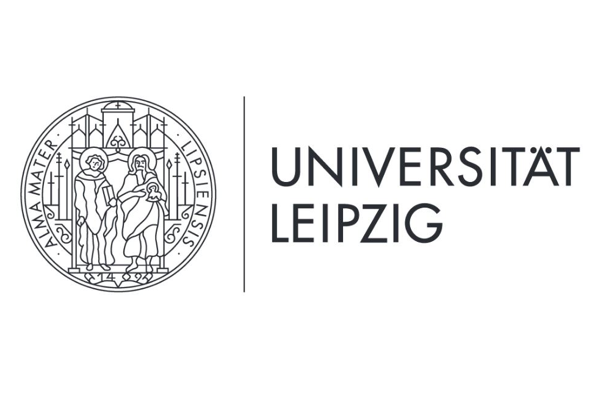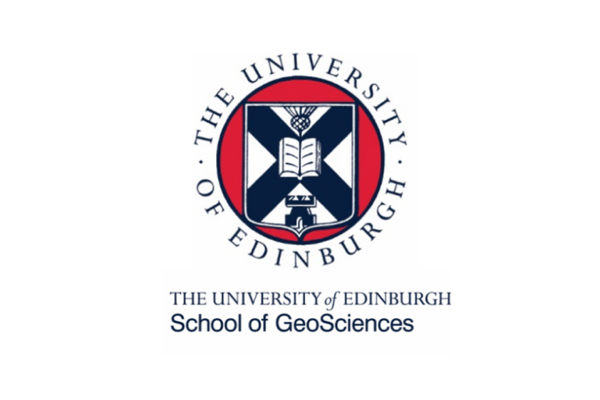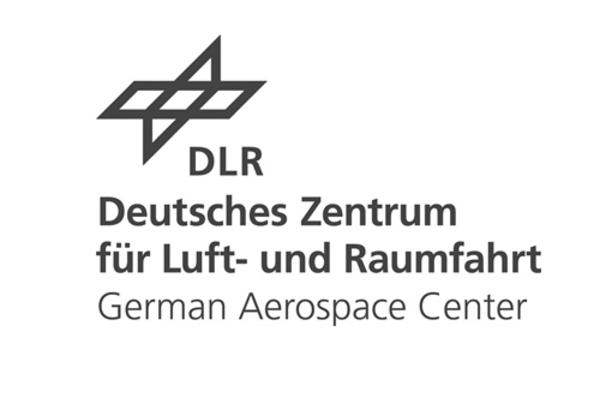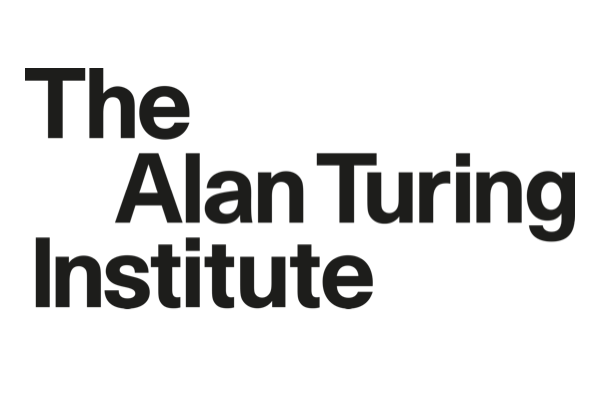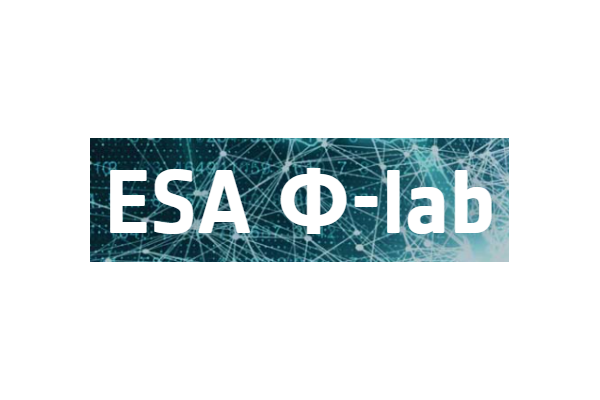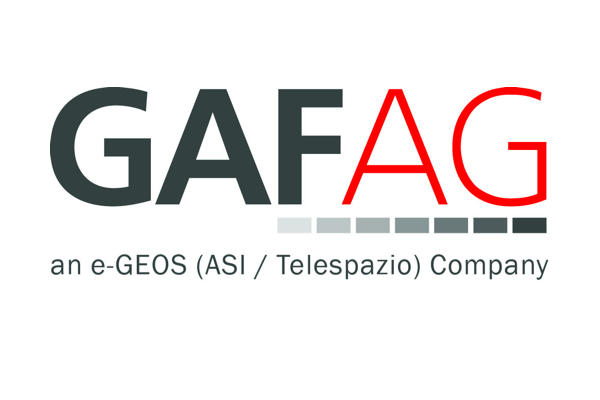About
Science background
Anthropogenic climate change is one of the most urgent problems facing mankind. To avoid dangerous levels of global warming, the UN Conference of Parties 2015 in Paris reached a historic agreement to keep global mean temperature rise “well below” 2°C above pre-industrial levels. Anthropogenic aerosols have most likely offset some of the greenhouse warming to date, particularly through their interaction with clouds, however, despite decades of intensive research, significant uncertainties in the magnitude of this cooling still persist.


Innovative approach
Even though big datasets have been widely analysed to advance our understanding of aerosol-cloud climate interactions, many uncertainties remain and current methods are often inadequate, Artificial intelligence (AI) and machine learning, which are already revolutionising many areas of research, have not yet been fully applied in climate science – and scientists are not trained adequately. iMIRACLI proposes that merging of AI, machine learning and climate science will deliver a breakthrough in our understanding of the impact of aerosol-cloud interactions on climate.
Setup
Our innovative training plan matches each PhD student with supervisors across Europe - both from climate and data science backgrounds, and from non-academic partners. This provides them with training in both state-of-the-art data and climate science techniques, producing a new generation of climate data experts.





